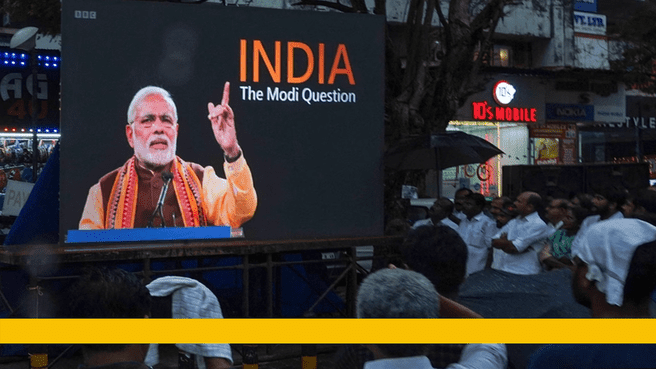
There’s a freeze frame from an old English classic I’d like to bring up before you – it’s that of Miss Havisham from Charles Dickens’ Great Expectations. A bride jilted at the altar is found for the rest of her years to be stuck in time, wearing her wedding dress forever since then, trapped in a freeze-frame when her world came crashing down. The BBC’s two-part documentary on Prime Minister Narendra Modi had the same effect on me. I felt as if I was looking at that bride in old lace and white net, out of sync with time. I will explain.
The documentary was sold in advance to an expected subversive audience like myself as a pathbreaking investigation that would bring to light new information and show us something we had not seen before. It also had a glittering cast of characters from the liberal left – people I have always and will always admire and hold up as my heroes. Arundhati Roy, the writer who has never minced her words. Aakar Patel, the activist and India chair of Amnesty International, fighting the good fight relentlessly. Siddharth Vardarajan, one of my favourite journalists and the founder of one of the last standing independent press spaces. As also Hartosh Bal of The Caravan. And Christophe Jaffrelot, one of the best-known academics researching and writing profusely on the Hindu right. I could go on. Despite having interviewed the best voices and people who are still unafraid to say what they think, the BBC stitched them together in a way that said nothing new and is therefore guilty of painting a tired, wan picture of the same facts regurgitated in the same way. This allows the regime in power to use the films for one more round of propaganda – painting themselves as victims and using the critique from the left to serve their own saffron end. The BBC in effect took India’s best activists, writers and journalists who are pulsating, alive and dynamic and clipped them together into flat, repetitive tropes that make them look as if they’re standing still. In short, the BBC has Miss Havisham’d the picture and done damage where it may have intended to do good.
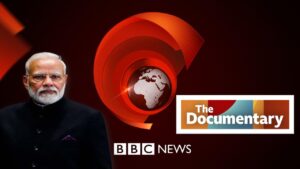
Take Part One for instance. The film goes back to Modi as Chief Minister of Gujarat and the pogrom against Muslims in the year 2002. The build-up of ominous music leads to a dark computer screen and supposedly big reveal – a now de-classified diplomatic cable where a British diplomat made the assessment that Modi was responsible for the violence against Muslims and asked the police to stand back and let the mob do its thing. By producing no fresh evidence to back this claim except for the opinion of a retired diplomat and former British Foreign Secretary Jack Straw, the BBC allows the BJP and its spokespersons in India to have a field day, asking legitimately that why the voices of retired diplomats from 20 years ago should be the voice of God and whether it is not a case of arrogance on the part of the BBC? If, instead, the BBC had used the diplomatic cables to show how Britain and Europe that had blamed Modi for the bloodletting let him off the hook just five years later, they would have put a fresh spin on the story. Calling out Britain’s duplicity would have held up a dark mirror but the BBC didn’t go that far.
Godhra – Unanswered Questions
Further, while on the subject of the violence in 2002, the BJP has always called out the liberal press from India and abroad to say that not enough play was ever given to the genesis of the violence – the burning down of a train compartment the day before the pogrom, in which 59 Hindu kar sevaks from the VHP were burnt to cinders. The BBC could have actually done some grunt work on this, which could have raised some difficult questions for the BJP. First, the 59 kar sevaks were travelling ticketless in the train that caught fire. There were many that had bought tickets and got out alive. What did they see? Why are their accounts buried? If indeed Muslims had set the bogey on fire, there should be no fear in calling them out. Why the silence?
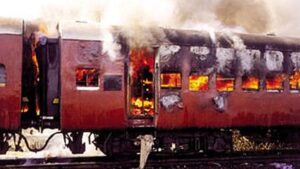
Further discomfort could have been brought by sharp-focusing on the train bogey that burnt. One investigation into the burning was carried out by the BJP- led government of the day and the other, a few years later, by the opposition leader Lalu Yadav when he was Railway Minister. Both are therefore seen as partisan. Could not the BBC play a non-partisan role here and throw up some basic questions that could really open up a can of worms? Here are some questions that come to mind. Why was the chain pulled and the train stopped before the designated station? Was a Muslim girl molested? What happened to these stories and why have they vanished from our midst?
There are many accounts, even if the BBC did want to do a quick Google search, that would tell the story of members of the VHP who were on the train returning from Ayodhya (in Uttar Pradesh) to Gujarat. Since that day, VHP members have felt either let down by their own ilk or are disgruntled and confused about their place in the Hindu parivar. Why not bring up their accounts if this is going to be a plain old story of revision of events gone by.
Balancing act
Now on to Part Two. Even though this too is a re-telling, it does a much better job than the first film. It starts with the lynchings in India – Akhlaq’s in Dadri, U.P. in 2015 and that of Alimuddin Ansari in Jharkhand in 2017. It then draws links between Modi’s silence on these hate crimes against Muslims to the disabling and dismemberment of Muslim majority Kashmir in 2019, to the drawing up of the Citizenship Amendment Act (CAA) favouring Hindus, to the violent putting down of anti-CAA protests. The critique of this film is funnily enough embedded in the film itself, in a sound byte by the writer Arundhati Roy. “Why do I speak to you on this film,” Roy says. “Only so that there’s a record somewhere that all of us didn’t agree with this. But it’s not a call for help because no help will come.” That those who critique Modi are complicit in his rise is a point made by Roy and also by the academic Christophe Jaffrelot. But they appear in the middle of an undifferentiated mass of sound bytes and are not followed up in the film.
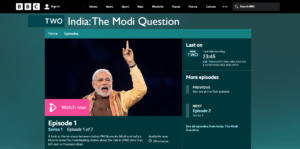
The most damning and impossible to watch segments of this film – the calls to violence and rape by Hindu extremists and the video of policemen kicking Muslims in the Delhi riots to death _ are papered over with opposing bytes. Victim’s testimonies and that of the dead boy Faizan’s mother’s account is sought to be counter-balanced with that of the odious and self-satisfied sound of BJP leader Swapan Dasgupta where he actually brushes aside the violence committed in the Delhi riots, which could in different times be read as discriminatory to the point of criminal culpability. Here’s what he says: “In the larger scheme of things, the Delhi riots were not important. But it was important to the media because it means less work and you can get good media footage just at your door-step.” Now if I were making this film, I’d show Dasgupta’s statement for what it is by interlacing it with footage from the violence. With shots of the police kicking Muslim men to death and asking them to sing the national anthem. Then the viewers would be exposed to the full-throated glorious horror of Dasgupta. The BBC’s attempt at ‘balance’ after a testimony like this can only be read as a sign of it being scared and defensive. Which begs the question – would it do a similar balancing act in making a film on the Rwandan genocide or Auschwitz with the point of view of the SS?
What is it trying to do then with these films? We know that the job of the press in these times is to hold up a dark mirror. How could the BBC have done that without trying to play it safe? There are many good examples from around the world but the one that springs to mind immediately is the two-part series or rather two films made by Joshua Oppenheimer on the genocides in Indonesia in 1965. He filmed the perpetrators who gloated over what they did and made two films showing them for who they were without trying to ‘balance’ their ideas in any way. The films, Act of Killing and The Look of Silence, shook Indonesian politics and were part of the process of its unravelling. That is what good filmmaking can do.
In the present, India is desperately in need of such craftsmanship and it has got to be clearsighted in what it is setting out to achieve. If the truth is what the BBC and the rest of us in India are after then it must be unmitigated, unvarnished and laid bare. It must come with the intent to hit where it hurts. It must therefore actually be thorough and fresh and bold, like the heroes in this two-part series – Arundhati Roy, Aakar Patel and Safoora Zargar. The latter protested against the Citizenship Amendment Act on the grounds that it was partisan against Muslims. For this she was sent to jail for 74 days while she was pregnant. And the BBC is focused on balance. I rest my case.
Read this article in Hindi, Malayalam
Subscribe to our channels on YouTube & WhatsApp


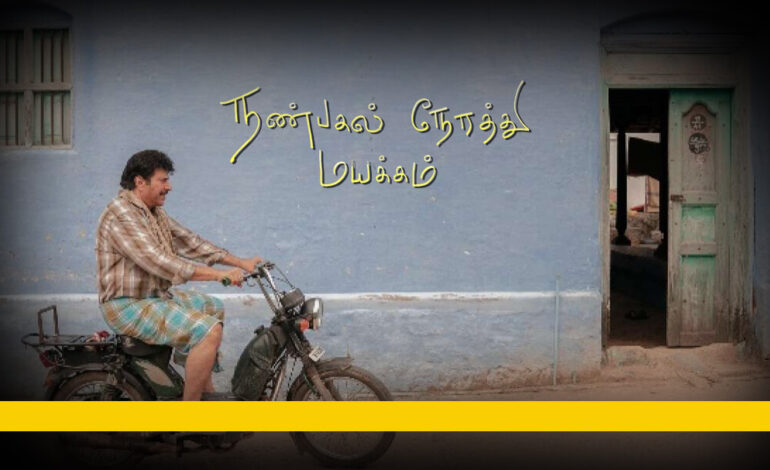
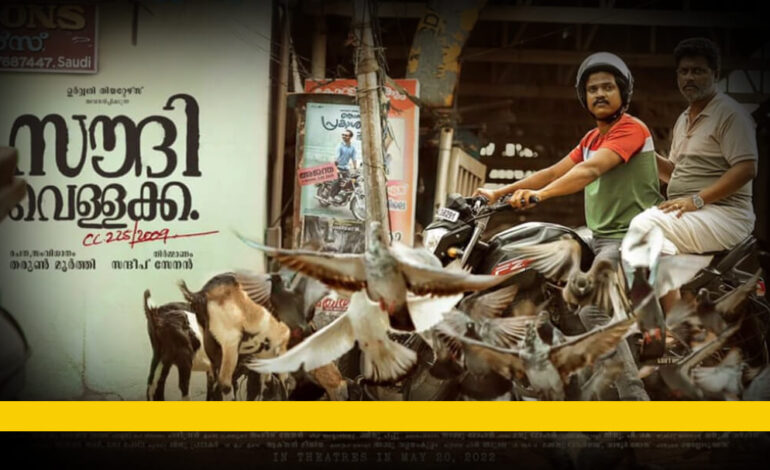

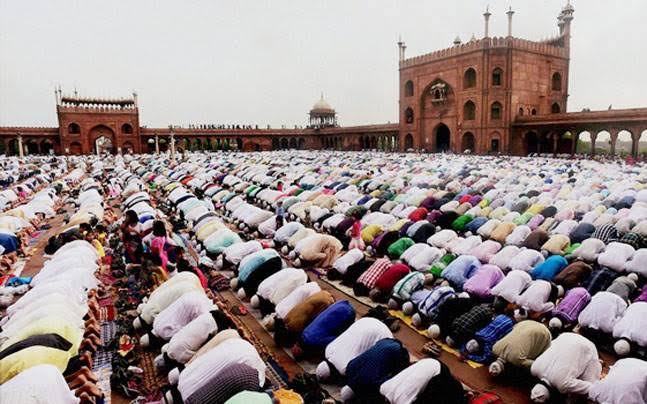

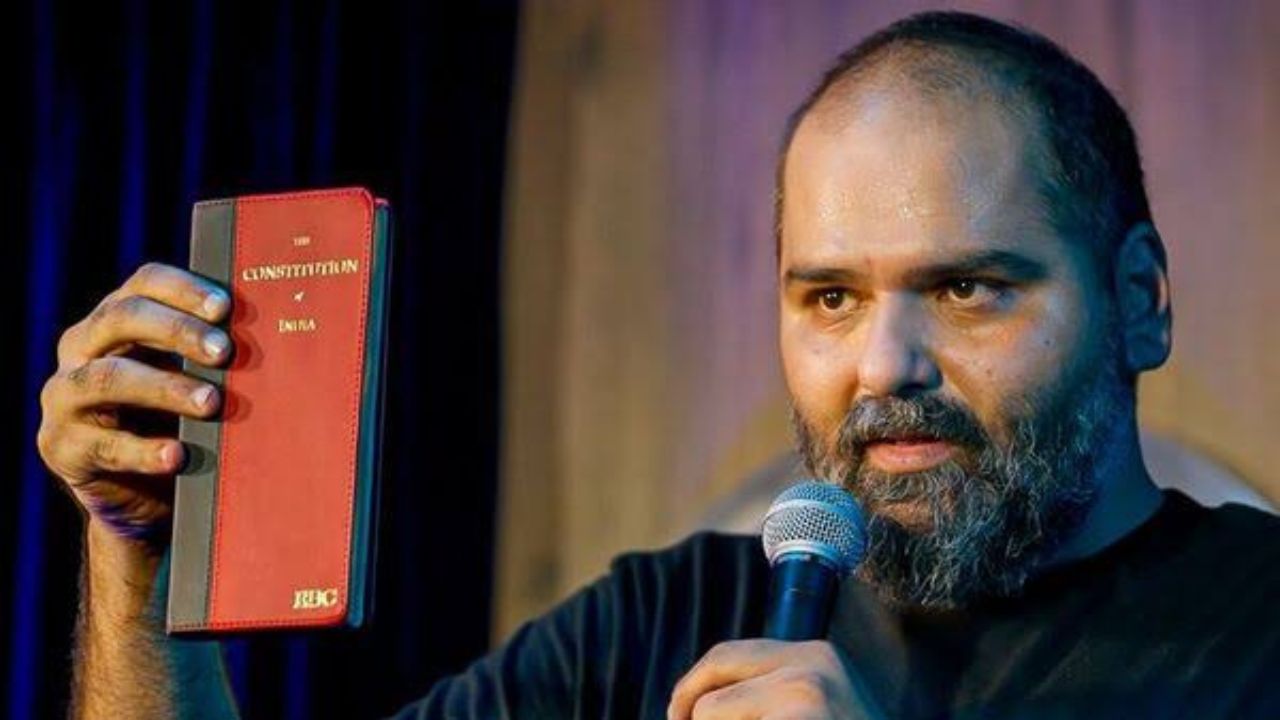


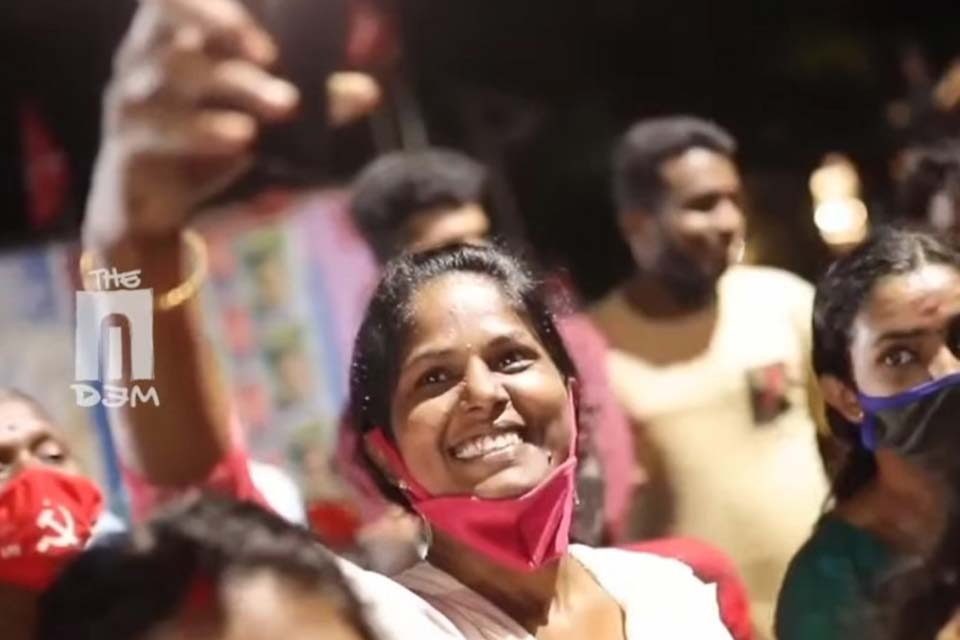

Thank you for this perspective Revati Laul .. Someone had to state this .. that the BBC documentary is just a limited exercise , which will not have a substantive and longstanding impact . But all the same it’s a begining and hope those who have been following the aftermath of the Gujarat pogrom seriously would follow up with concrete steps ..
Dear Madam, thanks for the article. “If truth is what we are after…”: Hmmm, who does not know the truth? Just that people like you and me don’t need it. The other side does not want it. In 2014 I was a cheerleader for him. Naive me. I didn’t know that he was not only responsible for such ghastly crimes but he was also guilty in Haren Panda’s death, that he lied about his degrees and his childhood. Naive nation.